Professional masonry construction that enhances your property value and creates lasting outdoor entertainment spaces for your family.
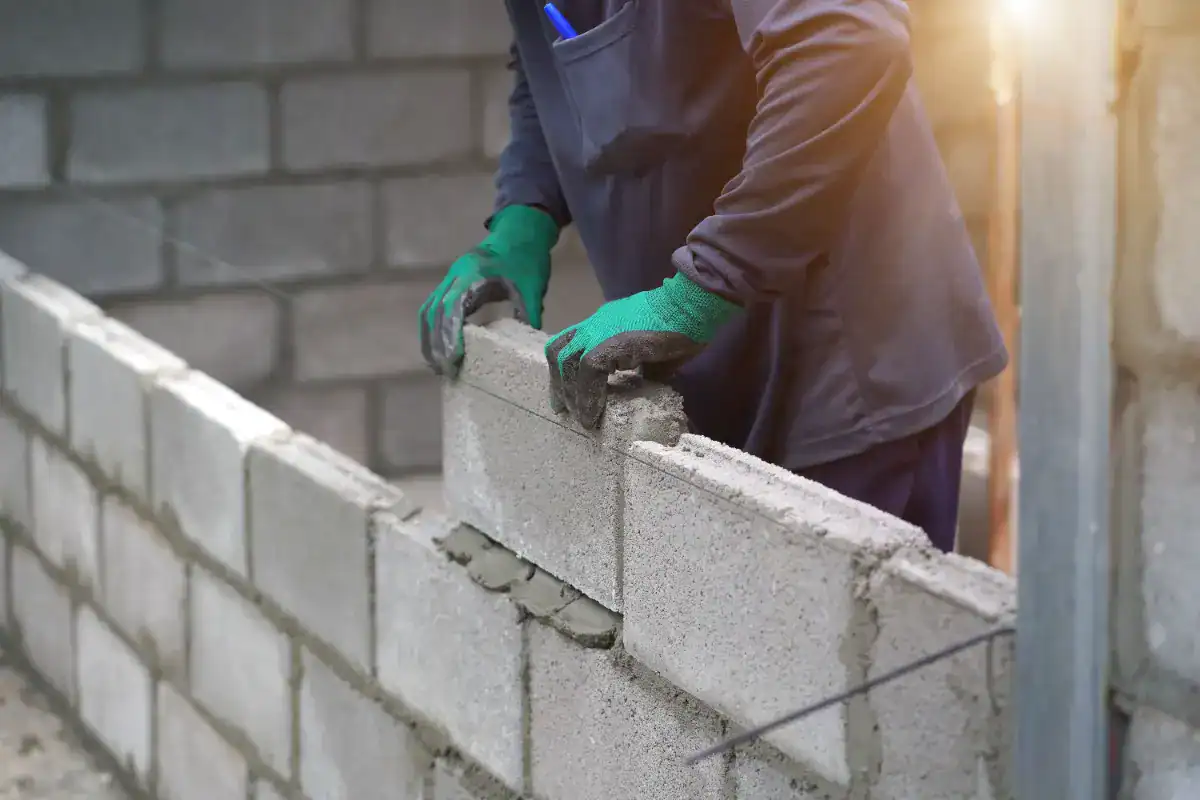
Hear from Our Customers
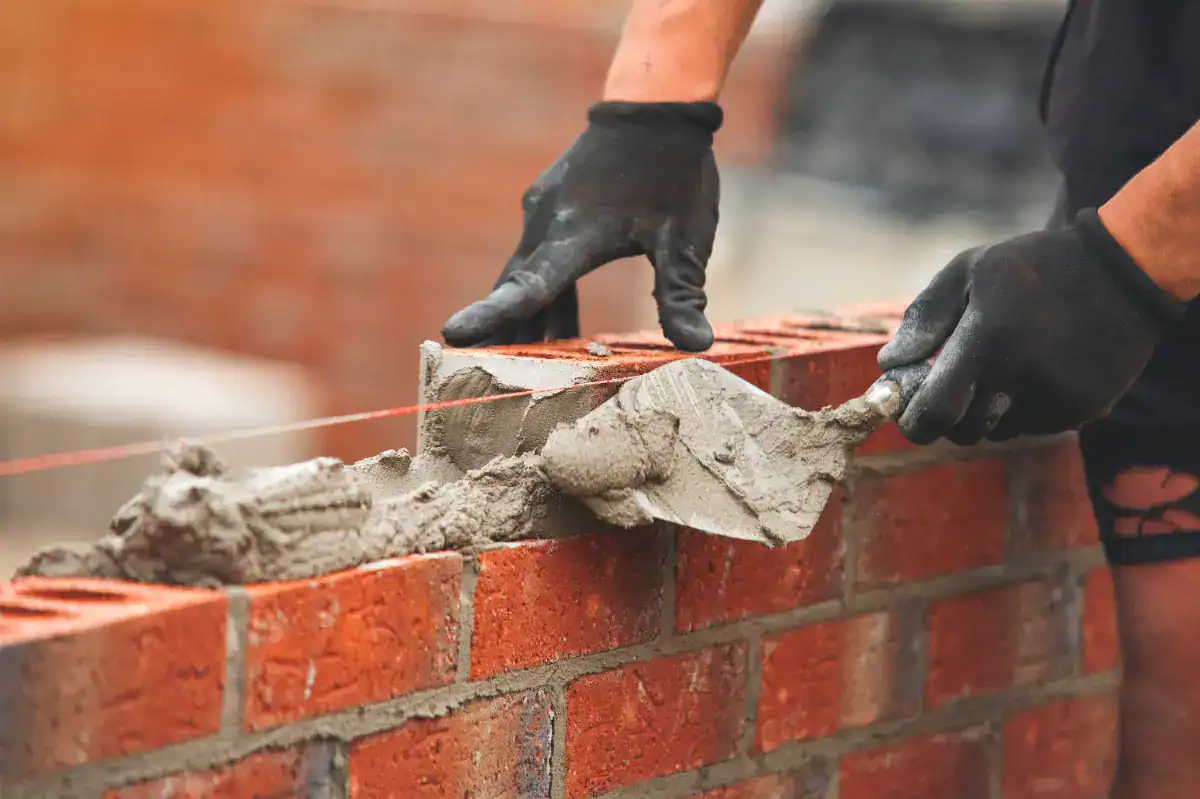
Your backyard should be more than just grass and a deck. When you invest in professional masonry work, you’re creating spaces where memories happen. Weekend barbecues become effortless when you have a properly designed patio that flows naturally from your home.
Quality masonry work doesn’t just look good—it performs. Properly installed pavers handle Long Island’s freeze-thaw cycles without cracking. Well-built retaining walls manage water runoff that could otherwise damage your foundation. Stone veneer adds curb appeal that neighbors notice and buyers remember.
The difference between amateur and professional masonry shows up in the details. Level surfaces that don’t puddle after rain. Joints that stay tight through multiple seasons. Materials that complement your home’s architecture instead of competing with it.
We’ve been serving Hempstead Gardens and the surrounding Long Island area with professional masonry services that homeowners actually recommend to their friends. We’re not the biggest masonry company on Long Island, but we’re the one that shows up when we say we will and finishes when we promise.
Our approach is straightforward: understand what you’re trying to accomplish, explain exactly how we’ll get there, and execute the work with the kind of attention to detail that makes the difference between a project that looks good for a season and one that adds value for decades. We handle everything from simple paver repairs to complete outdoor living transformations.
Long Island’s climate demands masonry work that can handle everything from summer heat to winter freeze-thaw cycles. We use materials and techniques that work specifically for our area, not generic solutions that might work somewhere else.
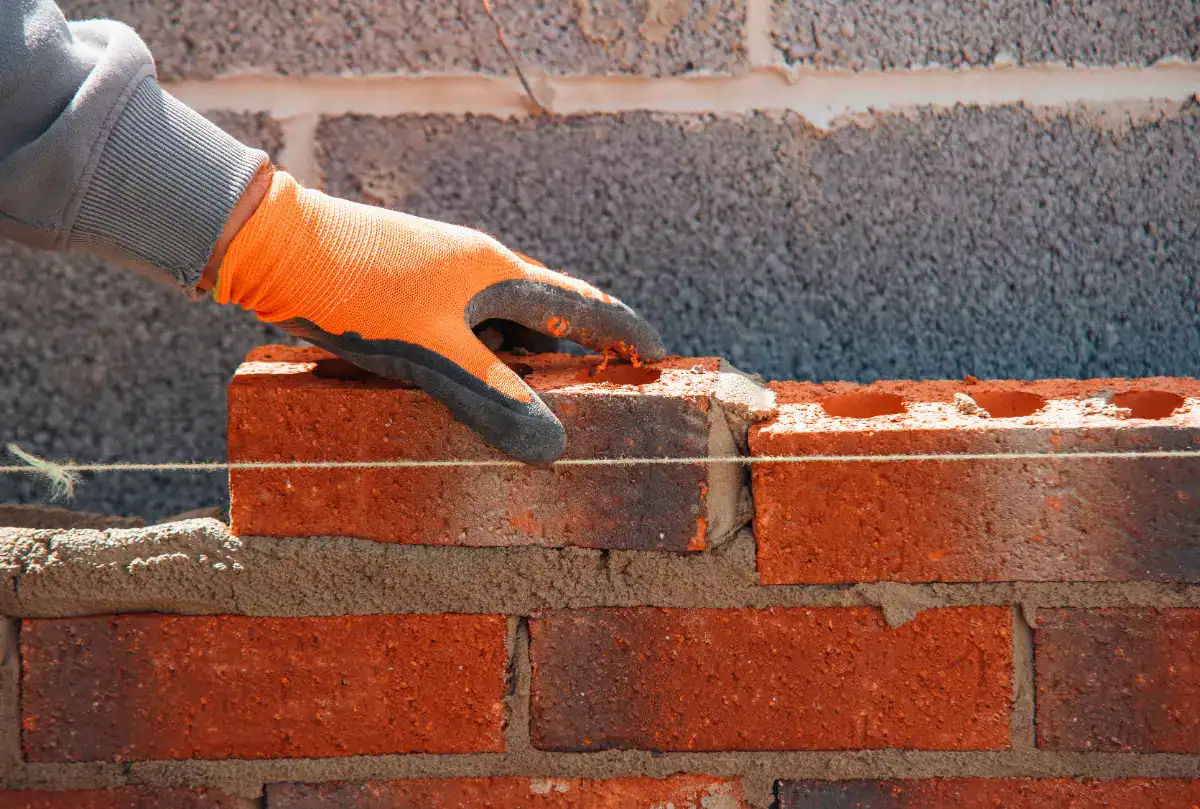
Every masonry project starts with understanding what you’re dealing with. We’ll visit your property, assess the existing conditions, and discuss what you want to accomplish. This isn’t a high-pressure sales call—it’s a conversation about whether what you have in mind makes sense for your space and budget.
Once we agree on the scope, we provide a detailed estimate that breaks down materials, labor, and timeline. No hidden fees or surprise charges later. We handle any necessary permits and coordinate inspections to ensure everything meets local codes.
The actual construction phase involves proper site preparation, which most homeowners don’t see but makes all the difference in long-term performance. We excavate to the correct depth, install appropriate base materials, and ensure proper drainage before any visible work begins. The installation itself follows industry best practices, with attention to details like joint spacing, edge restraints, and surface grading that determine how well your masonry performs over time.
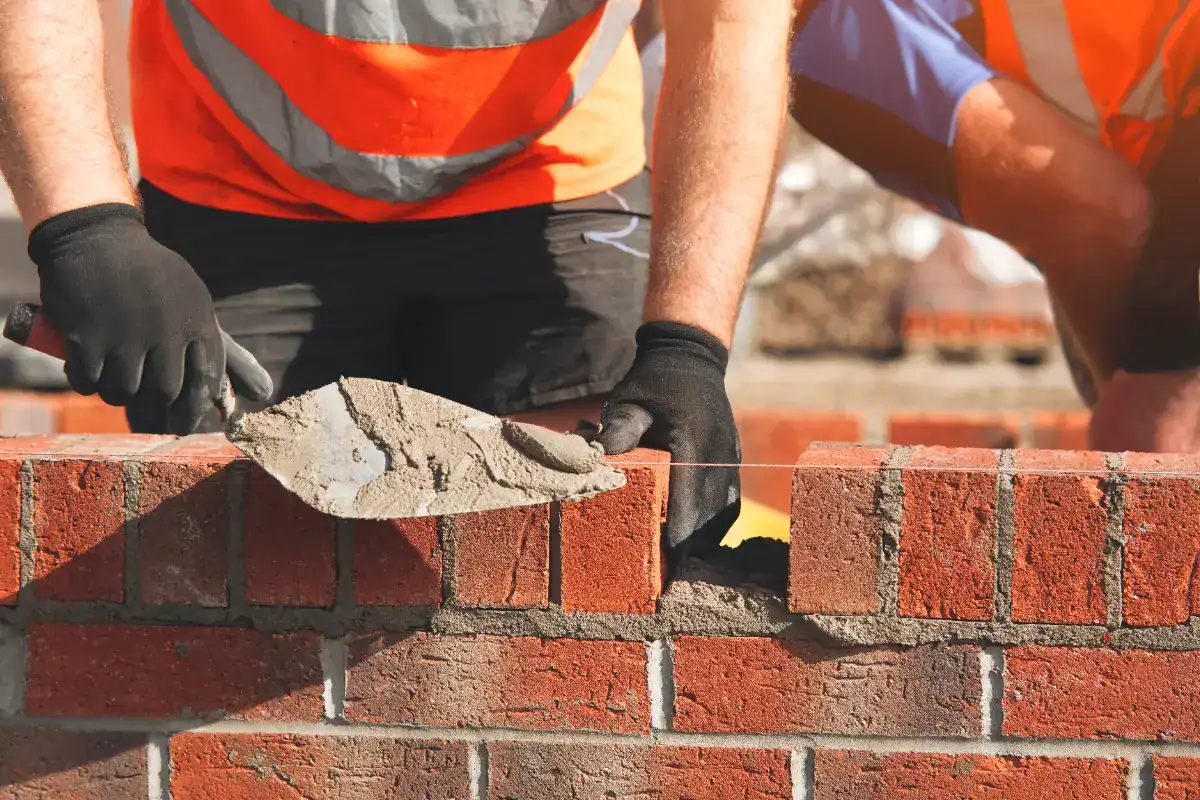
Ready to get started?
Our masonry services cover the full range of outdoor construction needs. Paver patios and walkways that handle foot traffic and weather without shifting or settling. Retaining walls that manage grade changes and prevent erosion. Stone and brick veneer that updates your home’s exterior with materials that actually belong in our climate.
We also handle the repairs that other contractors often avoid. Resetting loose pavers, repointing deteriorated mortar joints, and fixing drainage issues that cause ongoing problems. Sometimes the smartest investment is fixing what you have rather than replacing everything.
Hempstead Gardens homeowners deal with specific challenges that affect masonry work. The area’s soil conditions, drainage patterns, and exposure to salt air from the nearby coast all influence material selection and installation techniques. We factor these local conditions into every project recommendation, ensuring your masonry work performs well in this specific environment rather than just looking good in a catalog.
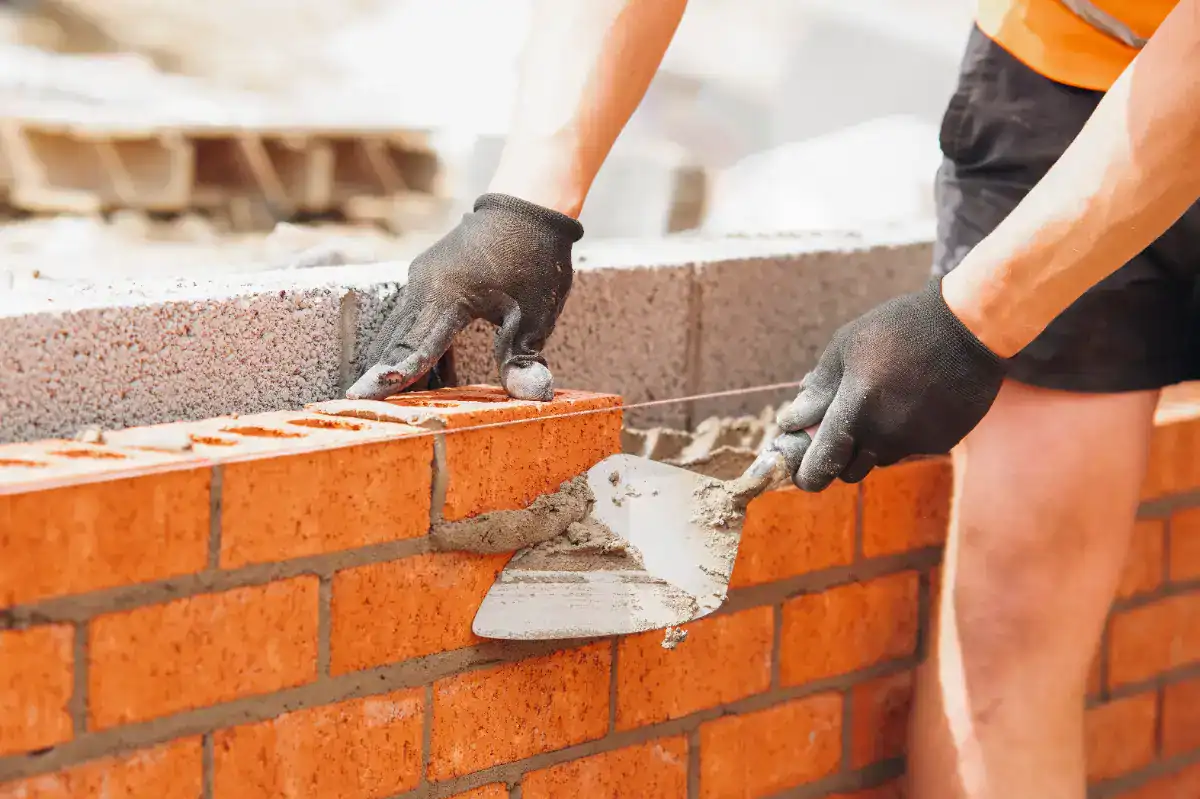
Ready to Fix That Masonry for Good?
Let’s talk about your project. No pressure, just honest answers and a quote you can count on from Nassau County’s trusted masonry professionals.

Company
Links